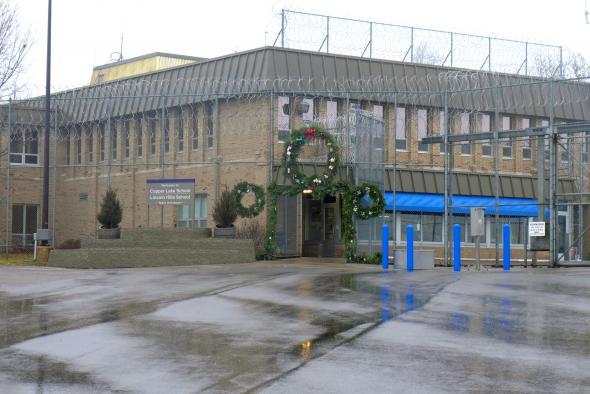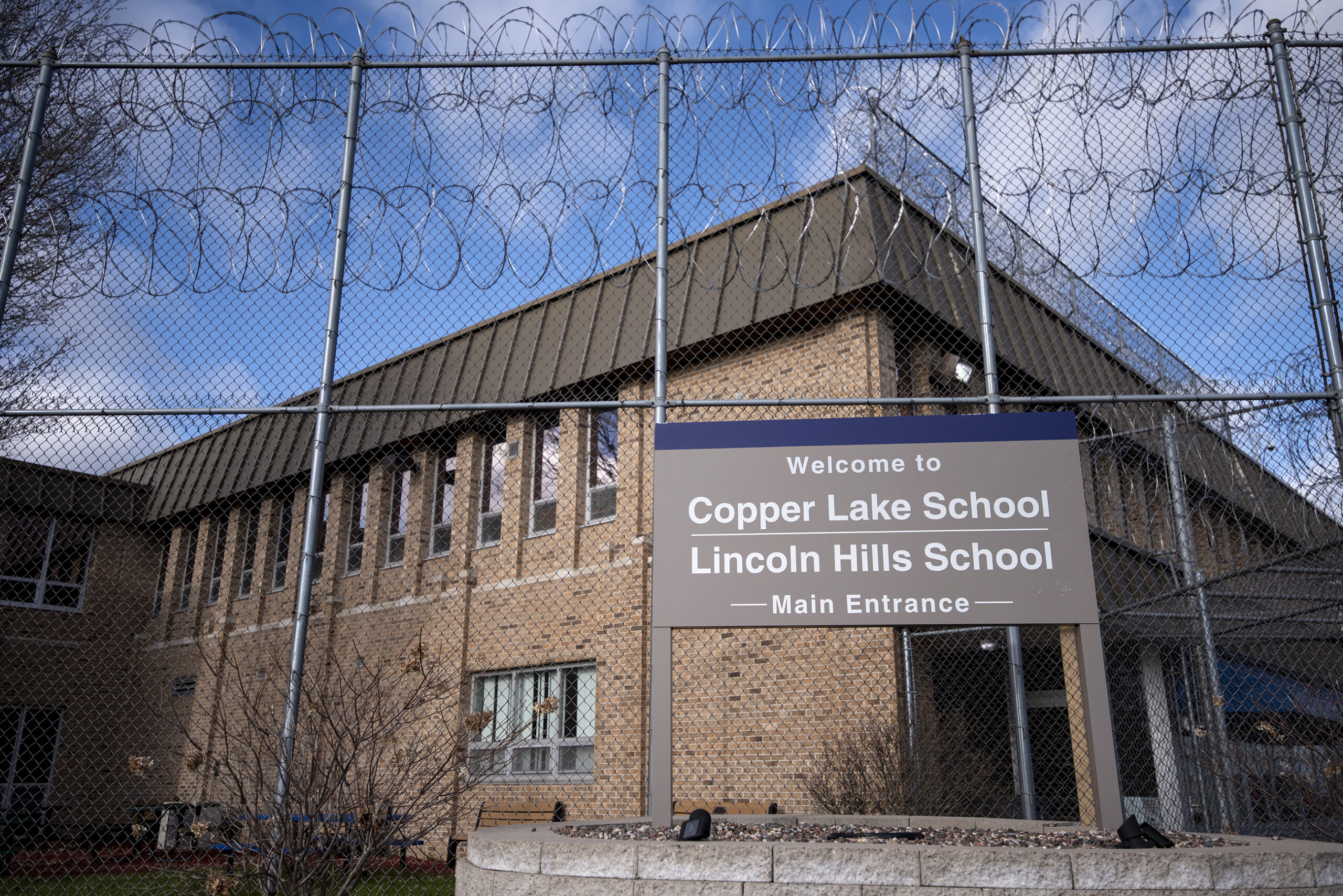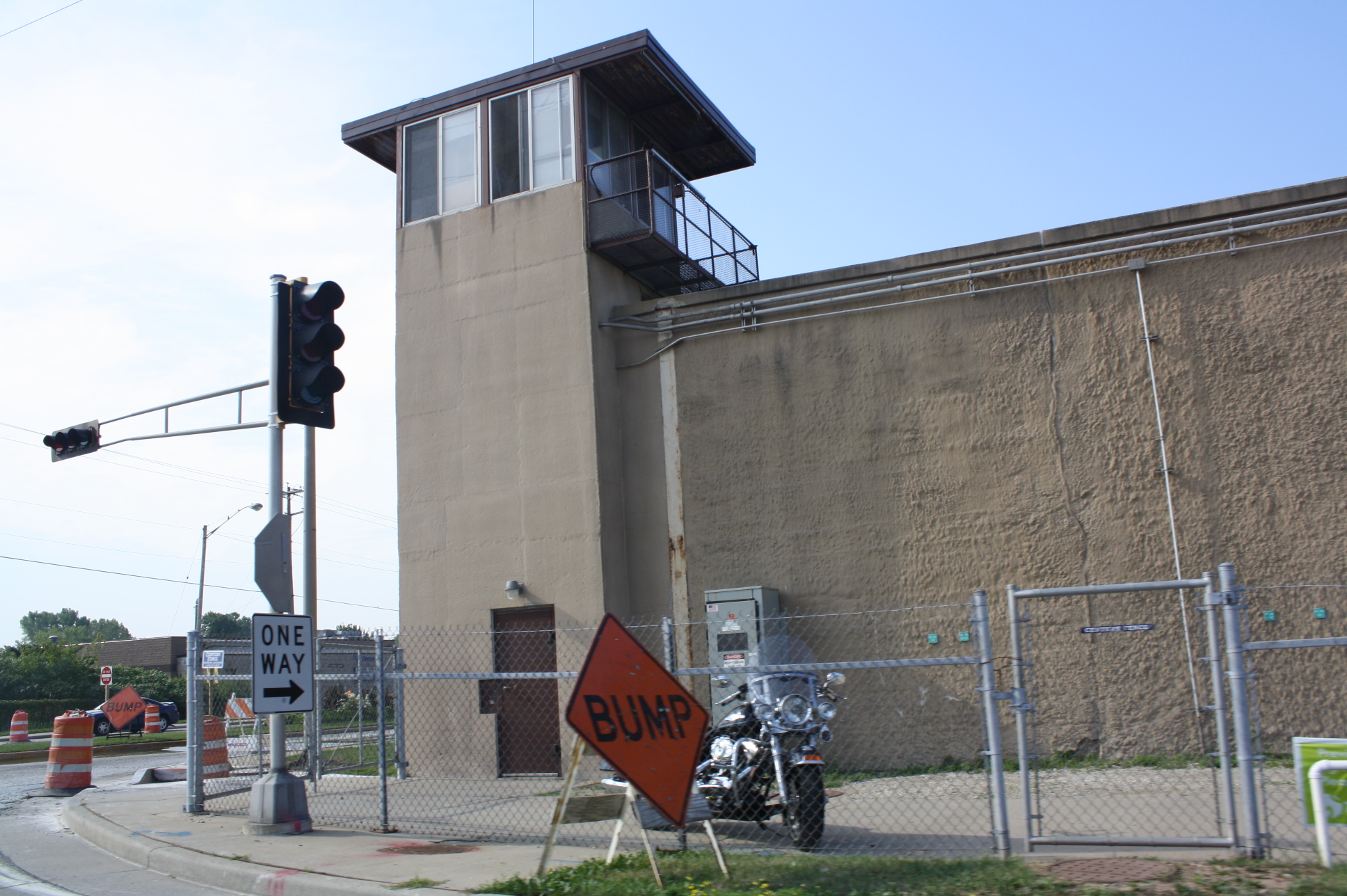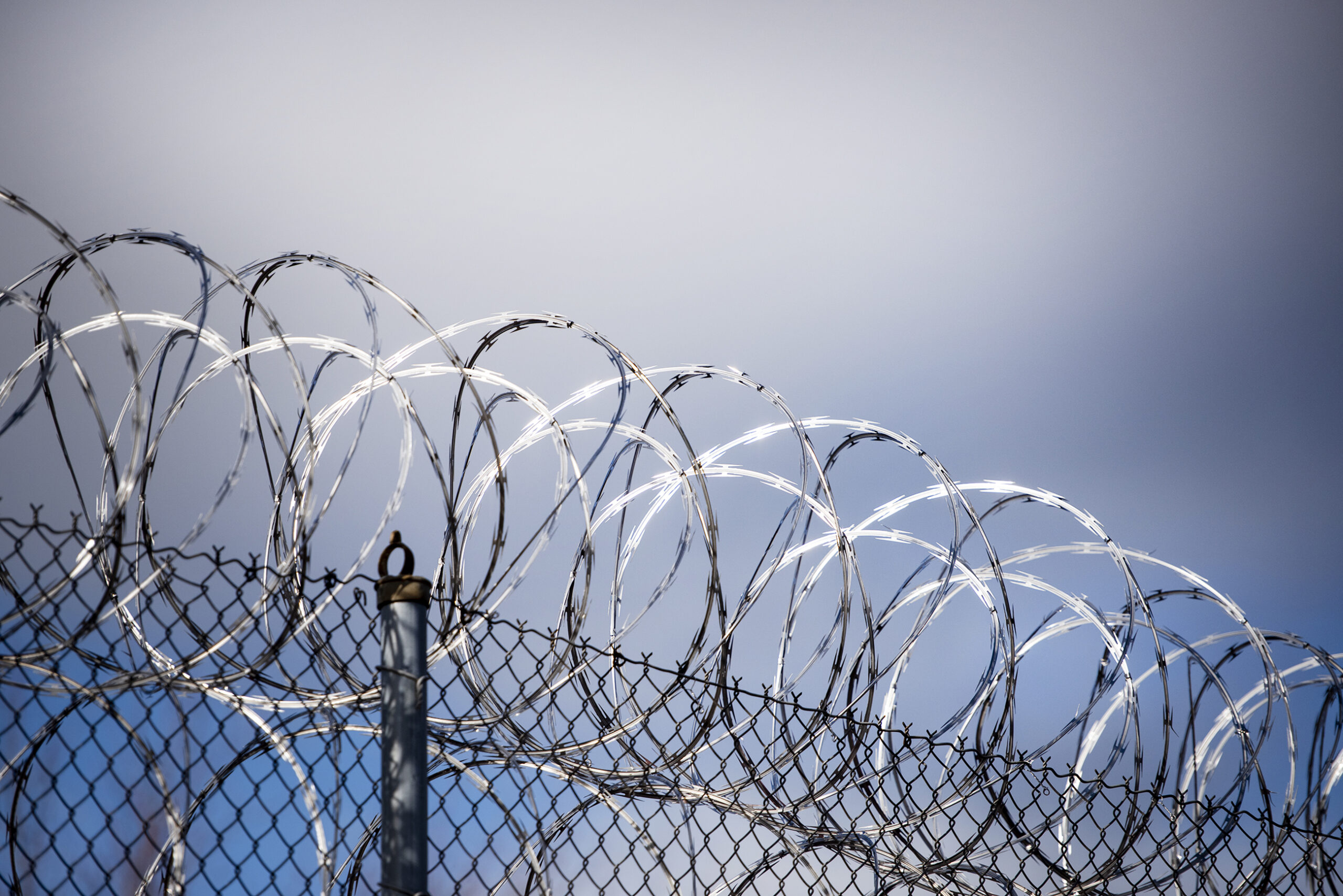Gov. Scott Walker says inmates from the state’s troubled Lincoln Hills youth prison could begin transferring to other institutions within months.
At a press event Friday in Eau Claire, Walker said the state Department of Corrections will begin transferring small numbers of inmates from Lincoln Hills to facilities like the Mendota Mental Health Institute this year.
“There will be a wave of some of the folks with the greater mental health issues at Lincoln Hills will transfer to Mendota. That can happen just because there’s space available,” Walker said. “But for all the rest, they’ll build the facilities first, then all at one time they’ll make the switch.”
News with a little more humanity
WPR’s “Wisconsin Today” newsletter keeps you connected to the state you love without feeling overwhelmed. No paywall. No agenda. No corporate filter.
The Lincoln Hills youth prison has been plagued by reports of violence, alleged abuse by prison guards and chronic staff shortages.
Walker’s comment comes after he released a plan Thursday that would move all of the youth at Lincoln Hills and Copper Lake prisons to five smaller, regional prisons as soon as July 2019.
The $80 million plan also proposed converting the Lincoln Hills juvenile prison into an adult facility and expanding the mental health facility in Madison.
As to where the facilities will be located, Walker’s administration has promised to work with state, county and local officials, as well as other stakeholders to find the right locations.
“Either way we’re going to work with the counties on working with them to help us find the right sites for these, but it would be no later than passing our budget. It could be sooner,” Walker said.
Walker said Thursday the money for the project will be in the 2019-21 budget, but Walker said he’s open to moving faster.
Earlier Friday before the press event, two members of the Wisconsin Assembly’s Corrections Committee said Walker’s plan can be done more quickly than he proposed.
Republican Rep. Joel Kleefisch, of Oconomowoc, and Democratic Rep. David Bowen, of Milwaukee, issued a joint statement Friday embracing the reorganization plan but calling for swifter action.
Kleefisch and Bowen say “we believe it could be accelerated so our shared vision for safety and rehabilitation is achieved more urgently.”
They say bills already introduced could be used to implement Walker’s plan and be passed by the Legislature this year.
Though Walker received support from both sides of the aisle Thursday, some are critical of how long it took him to address the problems at the youth prison north of Wausau and argued it was a political move ahead of his re-election bid in fall 2018.
“Gov. Walker has neglected the crisis at Lincoln Hills for six years and refused to even visit,” The Democratic Party of Wisconsin wrote in an email Friday. “Democrats are glad he is now paying attention to the dire crisis harming guards, employees and youth. However dragging his feet on action until 2019 and later under the next governor is unacceptable.”
Walker’s proposal comes six years after a judge first notified his office of problems at the facility and six months after a federal judge placed restrictions on how the facility runs. It also comes after a federal investigation was opened into abuse of inmates by guards. In December, federal prosecutors informed two former guards at Wisconsin’s troubled youth prison that they are targets of an investigation into excessive use of force.
“For months these people were saying, ‘Do this, do this, do this.’ We’re doing essentially this, and now they’re saying, ‘Wait a minute. We didn’t mean that. We still want to be upset.’ These are people who if I said, ‘The sun was out,’ they’d say, ‘No, it’s not; it’s dark,’” Walker said.
A juvenile justice expert sees promise in Walker’s reorganization plan that would convert the Lincoln Hills youth prison into an adult facility. But he also cautions that the success of the smaller, regional juvenile prisons depends on how well the changes are implemented.
Jeffrey Butts is the director of the Research and Evaluation Center at John Jay College of Criminal Justice. He said nothing in Walker’s plan ensures Wisconsin will have an effective approach. Butts said “poor implementation and ineffective management can ruin the best of plans.”
Editor’s Note: This story was last updated at 4:18 p.m. Friday, Jan. 5, 2018, with additional reporting by WPR.
Wisconsin Public Radio, © Copyright 2026, Board of Regents of the University of Wisconsin System and Wisconsin Educational Communications Board.






